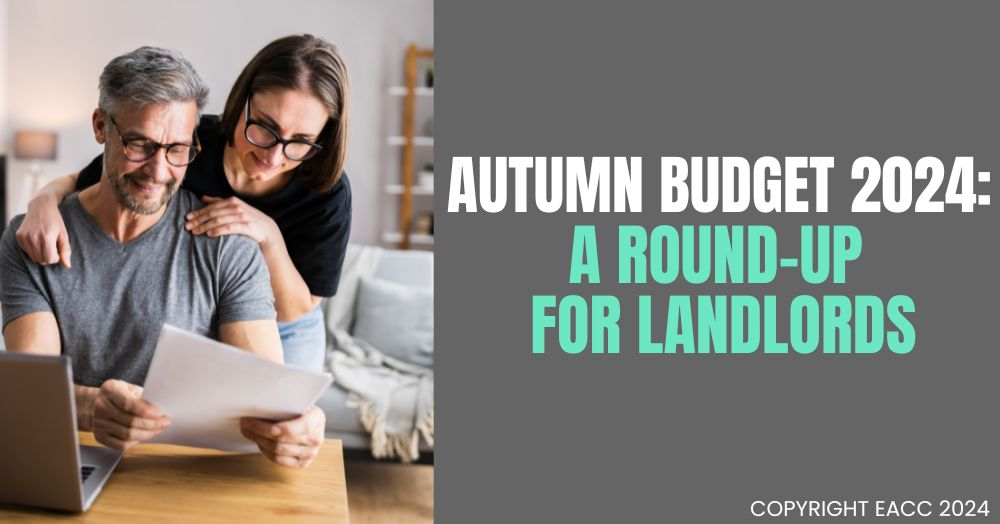What the Budget Means for the Lettings Market in London
Now the dust has settled on the Budget, let’s look at what it might mean for landlords and buy-to-let investors.
The overall themes behind the Budget, according to Chancellor Rachel Reeves, were economic stability and growth, investment and putting more money in our pockets. But there were also £40bn of tax rises to fill the infamous £22bn black hole Labour says it’s inherited.
The key changes that might affect landlords were:
Stamp Duty increase for additional properties
The big story here was the increase in the higher rate of Stamp Duty Land Tax (or SDLT), which applies when buying additional properties in England. It was raised from 3% above the standard rate to 5% above with immediate effect.
It means, for example, that while a first-time buyer will pay zero SDLT on a £250,000 property, a landlord will pay £12,500.
Plus, what many people might have forgotten is that Stamp Duty will rise again next year. A temporary increase of £125,000 in the SDLT threshold currently means it only kicks in at £250,000 (£425,000 for first-time buyers), but this break comes to an end in April 2025.
Many will see this as a shot across the bows of buy-to-let landlords, second and holiday home owners.
What might this mean for landlords who are looking to buy more properties?
Well, it’s certainly not great news. But to look for a few positives for a moment: rents and yields are strong in most places. Property prices are also stable now, and there are some competitively priced properties on the market. So, with careful buying, it could be possible to neutralise this tax increase to a degree.
Capital Gains Tax unchanged for residential property
Landlords, second and holiday home owners will probably be breathing a small sigh of relief… for now, at least.
The steep rises in CGT from 10% to 18% on the basic rate and 20% to 24% on the higher rate don’t affect residential property in practice. That is already at those rates and residential rates weren’t increased to maintain the differential.
In some ways, this is even good news, as it puts residential property on an equal footing with other assets and investments.
But this might also pose something of a dilemma to landlords – does it mean you should hold on to your rental properties? Or does it mean there is now a window of opportunity to sell, just in case CGT rates are increased in future years?
This is a decision only you can make, of course. But a good estate agent can advise you on how much your property could be worth if you’re thinking of selling it. A good letting agent can advise you on maximising the returns from your property if you’re going to keep it.
Inheritance Tax unchanged… but
Rumoured increases to IHT rates didn’t happen. The Budget left the Inheritance Tax system pretty much unchanged for now as regards residential property. The IHT threshold will remain at £325,000 for at least two more years.
Does that mean it will change after that period? That’s anybody’s guess for now. But landlords who have started thinking about how to leave their assets to their family should probably take some advice from a financial adviser.
Final thoughts
It could be said that the Budget wasn’t quite as bad as it might have been for landlords. Steep rises to CGT on residential property and IHT didn’t materialise.
There were even a few positives: there were no rises to Income Tax, VAT and National Insurance (at least for employees) as the government had previously promised. There was no change to the Council Tax system, which might have meant even bigger bills. There was an above-inflation increase to the minimum wage. Fuel duty has been frozen for now. The Chancellor revealed a forecast that puts inflation at just 2%-ish for the next few years.
These things could all help tenants with the cost of living and, in a roundabout way, benefit landlords, too.
Although the Budget had some major implications for the economy, it did not seem to have as much impact on the property market as might have been expected. So, to take an optimistic view, it seems to be business as usual, at least for now.
For advice on how to let your property going forward, don’t hesitate to contact our lettings team.
Do you have any friends or colleagues who might find this article helpful?
Please feel free to share it with them.

